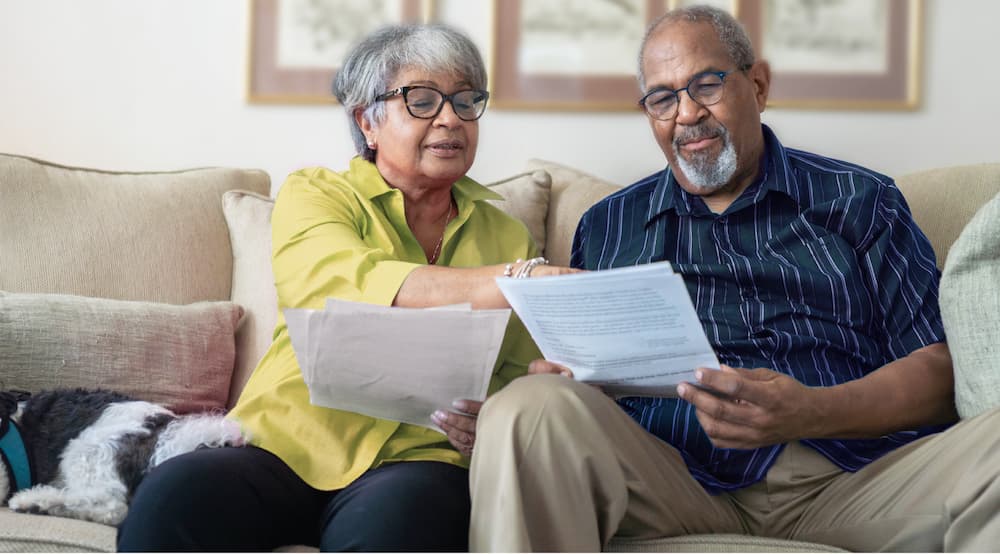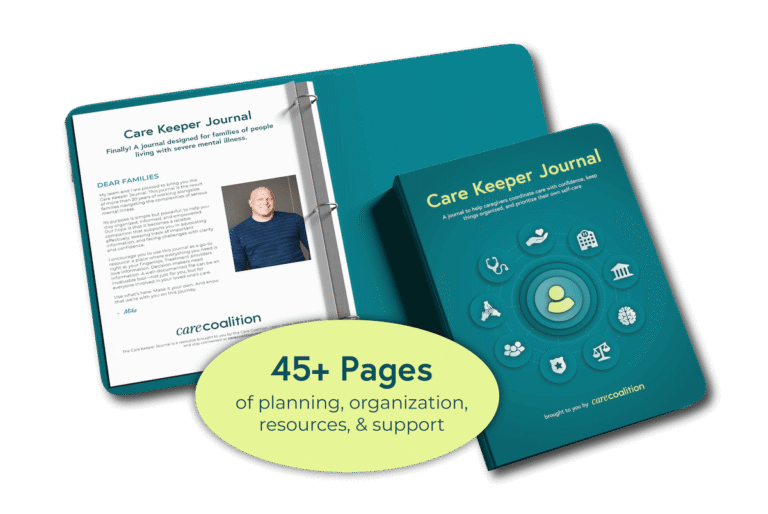
The Caregiver’s Guide to Surviving the Holidays Without Burning Out
11.7.25
The holiday season is often described as the most wonderful time of the year, but for caregivers, it can also be the most demanding. While others focus on celebration and family gatherings, caregivers are quietly juggling routines, emotional labor, and the unpredictable realities of supporting someone with serious mental illness.
If you are already feeling the weight of the season, you are not alone. The holidays can be uniquely stressful for caregivers, but they do not have to lead to exhaustion. With a few intentional steps, you can protect your peace, maintain connection, and enter the new year with more calm than chaos.
Why the Holidays Feel Harder for Caregivers
Caregiving is already a full-time role that demands time, patience, and compassion. When the holidays arrive, that responsibility expands in ways that are often invisible to others.
- Routines get disrupted.
Care schedules, appointments, and medication routines can shift during family gatherings or travel. Even small changes can cause stress for both the caregiver and the person receiving care. - Expectations increase.
Social media, advertisements, and family traditions all tell us the holidays should be joyful. For caregivers, that expectation can create guilt when things do not feel joyful at all. - Emotional triggers intensify.
Family dynamics, grief, and unresolved tension often surface this time of year. These emotions can make it difficult to stay grounded and calm. - Time for self-care disappears.
The extra cooking, shopping, and hosting leave little energy for your own rest. The constant motion can lead to burnout before the month is halfway over. - Isolation deepens.
While others gather in celebration, caregivers may feel unseen. It is hard to relax when your mind stays focused on keeping someone else stable and safe.
Recognizing these challenges is not negativity. It is honesty. Awareness allows you to create realistic expectations and healthier rhythms during the holidays.
5 Strategies to Protect Your Peace
Below are five practical ways to stay grounded and supported this season. These strategies echo what we shared during our Caring Through the Holidays webinar, designed to help caregivers navigate this time with intention.
- Plan ahead for stress points. Look at your calendar and identify moments that may be emotionally or logistically difficult. Write down a plan for each one. It could be as simple as scheduling a short break, having a quiet room available, or asking another family member to take over for an hour.
- Prioritize rest, even in small doses.You do not need an entire day to recharge. Take five minutes to step outside, stretch, or sip something warm. These small pauses prevent burnout and help you return to care with a clearer mind.
- Set gentle boundaries. Boundaries do not need to be harsh to be effective. You can decline an invitation, shorten a visit, or step away from a difficult conversation. Protecting your peace allows you to be present in the moments that matter most.
- Focus on what truly matters. Let go of the pressure to create the “perfect” holiday. Choose two or three things that bring genuine connection or joy and release the rest. Memories are not made through perfection but through presence.
- Stay connected to community. Isolation is one of the hardest parts of caregiving. Reaching out to others who understand can make an enormous difference. Whether through a support group, a friend, or an online community, connection helps lighten the emotional load.
Gratitude as a Caregiver’s Tool
Gratitude is often framed as something we give to others, but it can also be something we give ourselves. Try taking a few minutes each day to write down one thing you are grateful for in your caregiving journey. It could be a calm afternoon, a small victory, or a brief moment of laughter.
Practicing gratitude does not erase hardship, but it gently shifts the focus toward what is still good and present. Over time, this habit helps build resilience and perspective.

Ongoing Support with the Care Keeper Journal
The holidays eventually pass, but caregiving continues. The stress, reflection, and emotional work of this season often carry into the new year. That is why ongoing support matters.
The Care Keeper Journal was designed as a simple, guided space for caregivers to process their emotions, track routines, and reflect on their needs. Inside, you will find:
- Prompts that encourage daily reflection and calm
- Sections to note gratitude, boundaries, and small wins
- Tools to help track stress levels and triggers
- Encouragement rooted in the Care Coalition’s Guardian Model of care
This journal is not about perfection. It is about staying present with yourself through every season of caregiving. For many families, it has become a steady companion during unpredictable times.
If you joined our webinar, you will receive early access to the Care Keeper Journal before its public release. If you did not attend, sign up for our newsletter to receive updates when it becomes available.
Closing Thoughts
Surviving the holidays as a caregiver does not mean pushing through exhaustion or pretending everything is fine. It means recognizing your limits, honoring your needs, and letting yourself rest when you can.
This season, give yourself permission to simplify, say no, and accept help. You are doing one of the hardest jobs there is, and you deserve the same care you so freely give to others.
May this holiday season bring moments of peace, connection, and hope. You are not alone, and you never have to walk this journey by yourself.
Care Coalition strengthens the systems of support around people living with serious mental illness (SMI). Through The Guardian Model™, we equip providers and families with the tools, training, and guidance they need to navigate care more effectively and collaboratively across complex systems.
Copyright Guardian Ac Litem Services, Inc. 2025
Website created by Parker Marketing & Management





